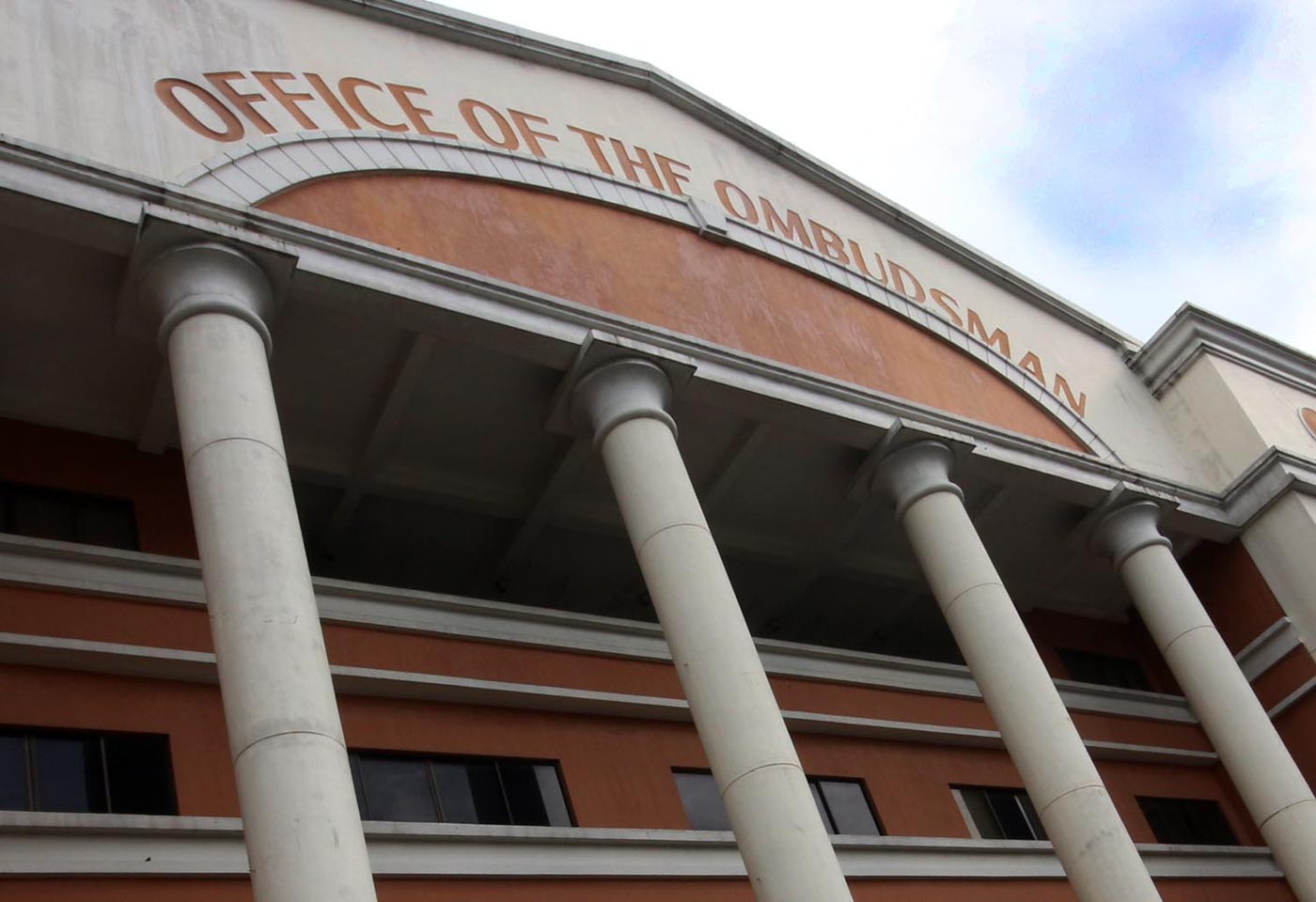The constitutionally-mandated Ombudsman
 It
was under the 1973 Constitution that the Office of the Ombudsman became
a constitutionally-mandated office to give it
political independence and adequate powers to enforce its mandate. Pursuant to
the 1973 Constitution, President Ferdinand Marcos enacted Presidential Decree
(PD) No. 1487, as amended by PD No. 1607 and PD No. 1630, creating the Office
of the Ombudsman to be known as Tanodbayan. It was tasked principally to
investigate, on complaint or motu proprio, any administrative act of any
administrative agency, including any government-owned or controlled
corporation. When the Office of the Tanodbayan was reorganized in 1979, the
powers previously vested in the Special Prosecutor were transferred to the
Tanodbayan himself. He was given the exclusive authority to conduct
preliminary investigation of all cases cognizable by the Sandiganbayan, file
the corresponding information, and control the prosecution of these
cases.[2]
It
was under the 1973 Constitution that the Office of the Ombudsman became
a constitutionally-mandated office to give it
political independence and adequate powers to enforce its mandate. Pursuant to
the 1973 Constitution, President Ferdinand Marcos enacted Presidential Decree
(PD) No. 1487, as amended by PD No. 1607 and PD No. 1630, creating the Office
of the Ombudsman to be known as Tanodbayan. It was tasked principally to
investigate, on complaint or motu proprio, any administrative act of any
administrative agency, including any government-owned or controlled
corporation. When the Office of the Tanodbayan was reorganized in 1979, the
powers previously vested in the Special Prosecutor were transferred to the
Tanodbayan himself. He was given the exclusive authority to conduct
preliminary investigation of all cases cognizable by the Sandiganbayan, file
the corresponding information, and control the prosecution of these
cases.[2]With the advent of the 1987 Constitution, a new Office of the Ombudsman was created by constitutional fiat. Unlike in the 1973 Constitution, its independence was expressly and constitutionally guaranteed. Its objectives are to enforce the state policy in Section 27, Article II[3] and the standard of accountability in public service under Section 1, Article XI of the 1987 Constitution. These provisions read:
Section 27. The State shall maintain honesty and integrity in the public service and take positive and effective measures against graft and corruption.
Section 1. Public office is a public trust. Public officers and employees must, at all times, be accountable to the people, serve them with utmost responsibility, integrity, loyalty, and efficiency; act with patriotism and justice, and lead modest lives.
Under Section 12, Article XI of the 1987 Constitution, the Office of the
Ombudsman is envisioned to be the “protector of the people” against the inept,
abusive, and corrupt in the Government, to function essentially as a
complaints and action bureau.[4] This constitutional vision of a Philippine
Ombudsman practically intends to make the Ombudsman an authority to directly
check and guard against the ills, abuses and excesses of the bureaucracy.
Pursuant to Section 13(8), Article XI of the 1987 Constitution, Congress
enacted RA No. 6770 to enable it to further realize the vision of the
Constitution. Section 21 of RA No. 6770 provides:
Section 21. Official Subject to Disciplinary Authority; Exceptions. — The Office of the Ombudsman shall have disciplinary authority over all elective and appointive officials of the Government and its subdivisions, instrumentalities and agencies, including Members of the Cabinet, local government, government-owned or controlled corporations and their subsidiaries, except over officials who may be removed only by impeachment or over Members of Congress, and the Judiciary. [emphasis ours, italics supplied]
As the Ombudsman is expected to be an “activist watchman,”[5] the Supreme
Court has upheld its actions, although not squarely falling under the broad
powers granted it by the Constitution and by RA No. 6770, if these actions are
reasonably in line with its official function and consistent with the law and
the Constitution.[6]
The Ombudsman’s broad investigative and
disciplinary powers include all acts of malfeasance, misfeasance, and
nonfeasance of all public officials, including Members of the Cabinet and key Executive officers, during their
tenure. To support these broad powers, the Constitution saw it fit to insulate the
Office of the Ombudsman from the pressures and influence of officialdom and
partisan politics and from fear of external reprisal by making it an
“independent” office. Section 5, Article XI of the Constitution expressed this
intent, as follows:
Section 5. There is hereby created the independent Office of the Ombudsman, composed of the Ombudsman to be known as Tanodbayan, one overall Deputy and at least one Deputy each for Luzon, Visayas, and Mindanao. A separate Deputy for the military establishment may likewise be appointed. [Emphasis ours]
Given the scope of its disciplinary authority, the Office of the Ombudsman is a very powerful government constitutional agency that is considered “a notch above other grievance-handling investigative bodies.”[7] It has powers, both constitutional and statutory, that are commensurate with its daunting task of enforcing accountability of public officers.[8]
[1] Furthermore, their powers extended to no more than fact-finding and recommending. Uy v. Sandiganbayan, 407 Phil. 154, 167 (2001).
[2] Id. at 169-170.
[3] Office of the Ombudsman v. Samaniego, G.R. No. 175573, September 11, 2008, 564 SCRA 567, 573.
[4] Ledesma v. Court of Appeals, 503 Phil. 396, 408; and Office of the Ombudsman v. Samaniego, id.
[5] Office of the Ombudsman v. Lucero, G.R. No. 168718, 24 November 2006, 508 SCRA 106, 115.
[6] Office of the Ombudsman v. Samaniego, supra note [3].
[7] Department of Justice v. Liwag, G.R. No. 149311, February 11, 2005, 491 Phil. 270, 283.
[8] It is not only given an “active role” in the enforcement of laws on anti-graft and corrupt practices and related offenses (Uy v. Sandiganbayan, supra note [1]), its recommendation to a concerned public officer of taking an appropriate action against an erring subordinate is not merely advisory but mandatory within the bounds of law (Ledesma v. Office of the Ombudsman, Section 13(3), Article XI of the 1987 Constitution, Section 15(3) of RA No. 6770).




